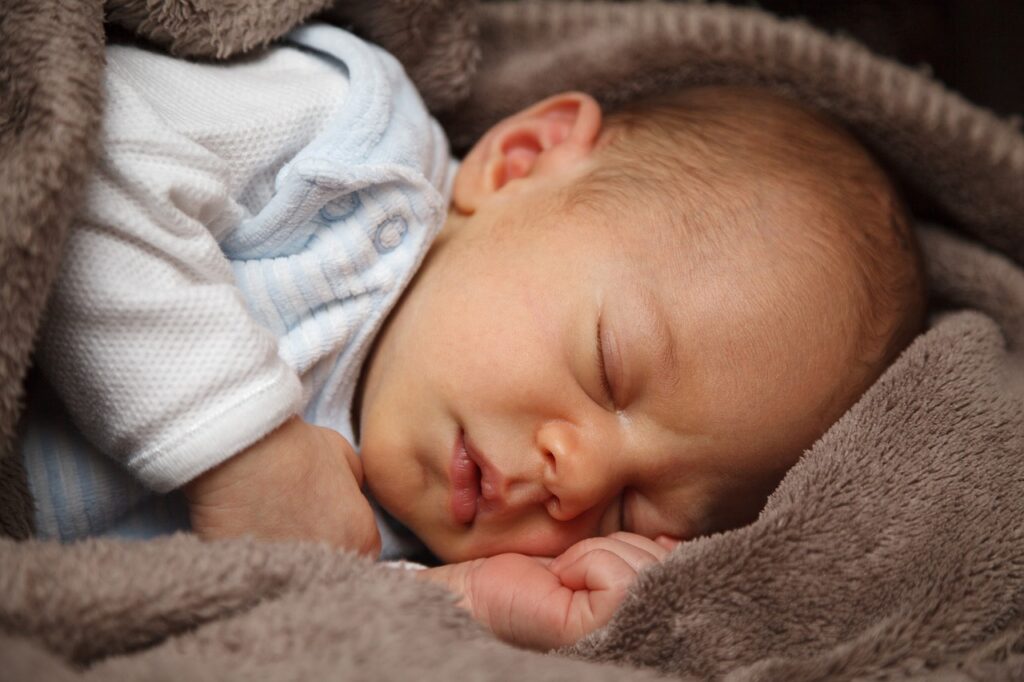Early development
- All babies with essentially typical brains should go through a series of developmental steps in roughly the same order, so for example, starting to focus their eyes, holding their neck up, smiling, learning to roll, sitting up, standing, speaking, etc.
- However, some skills will be delayed or disrupted if the environment isn’t good enough (although they will still happen unless the circumstances are extreme), so for example, delayed speech or walking, lack of interest in their environment, limited patterns of play.
- Other developments need a more stable caring environment for them to occur, so learning to self-soothe, to develop a sense of self is important, to feel safe enough to explore the world and learn.
- Having these skills allows you to learn and develop the next level of skills such as navigating social relationships, learning about the world and developing intellectual skills such as reading and writing.

The following information gives a brief outline of early childhood development.
18 months
Walking, talking, says approximately 15 words.
2 years
Able to run and jump, says 2 to 3 sentences, make-believe play.
3 years
Able to climb, uses longer sentences, can sort objects, knows shapes and colours.
4 years
Able to socialise with non-family members, draws basic shapes, can ride a trike.
5 years
Knows full name and address, dresses self, can count to at least 10.
6 years
Begin to analyse cause and effect in real life situations, develop sense of humour, learn to care and understand others feelings.
Consider me:
u003colu003ern tu003cliu003eWhy do you think having a basic understanding of ‘normal’ childhood development is important when considering the impact of childhood trauma?u003c/liu003ern tu003cliu003eCan you think of an example (from your personal or professional experience) of trauma impacting on ‘normal’ child development?u003c/liu003ernu003c/olu003e